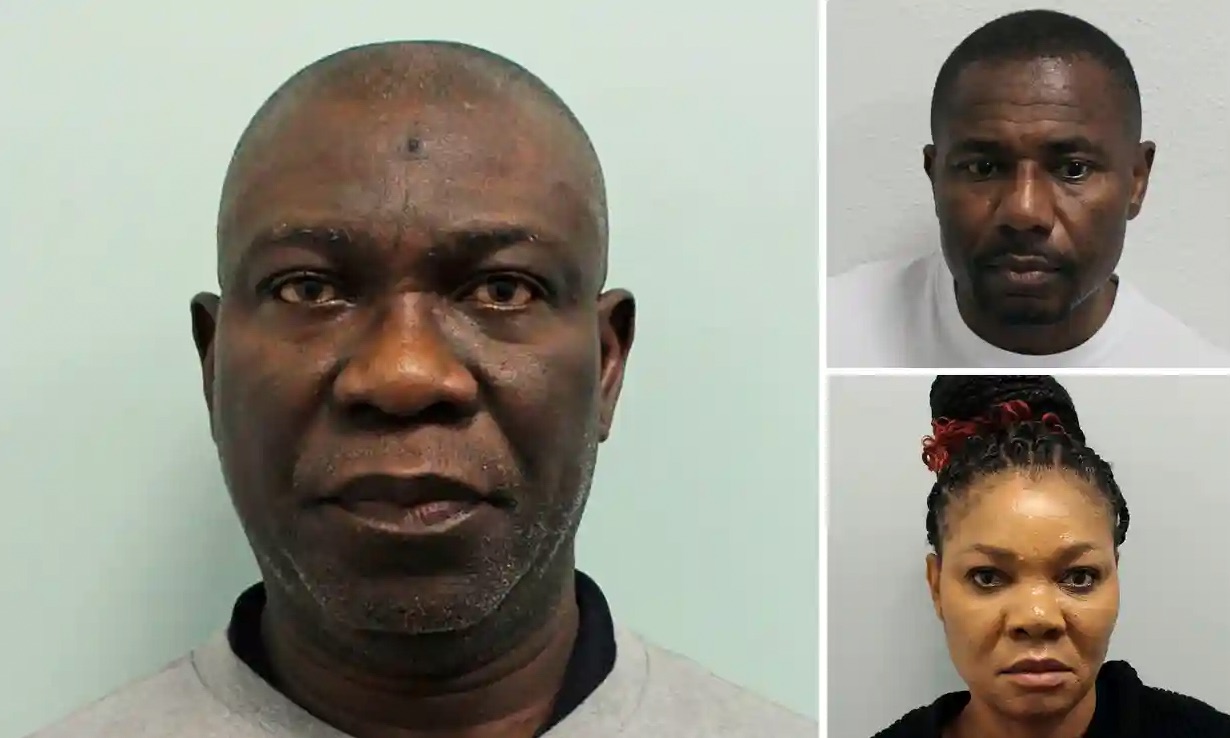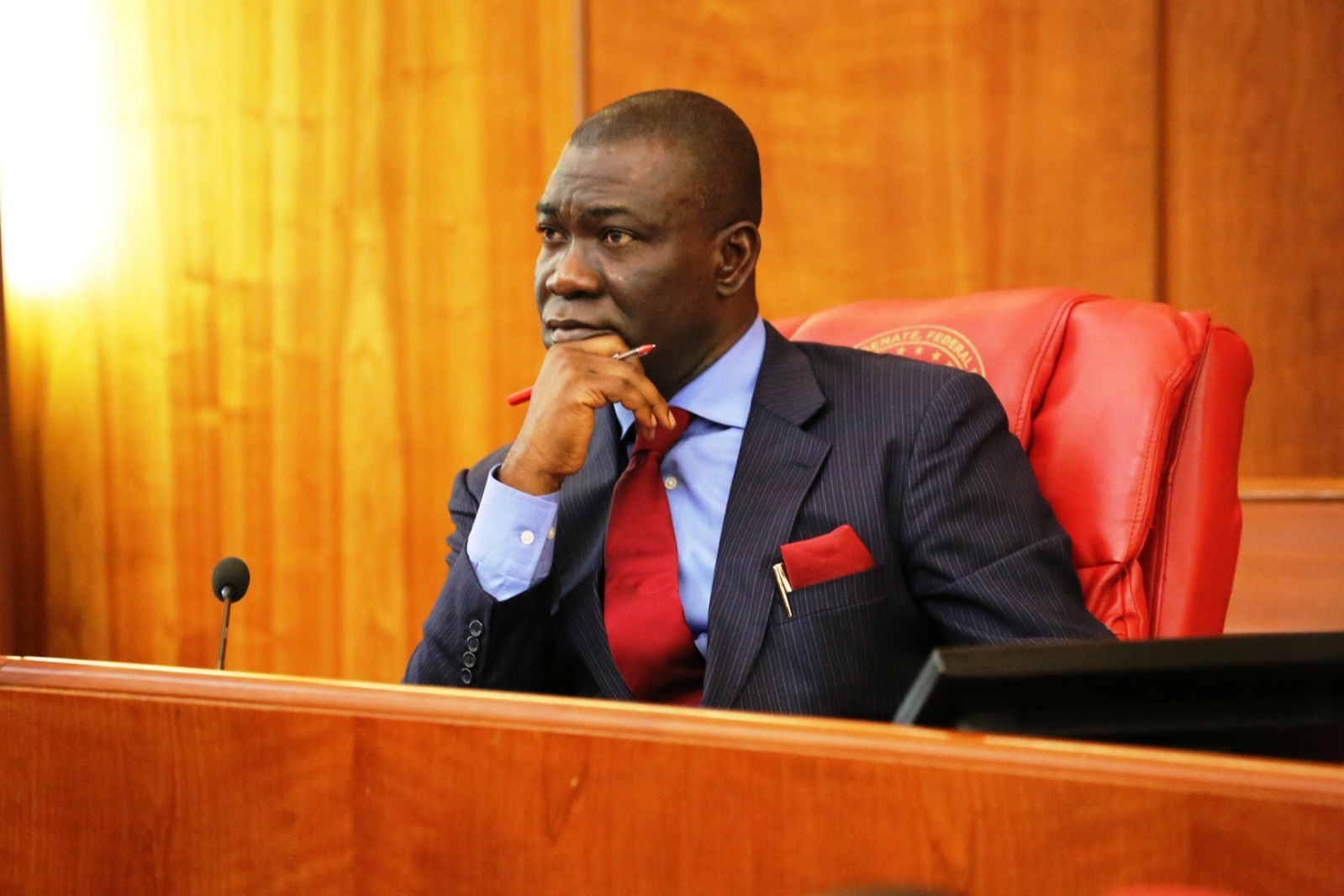LONDON, UK – A shocking narrative of political corruption and human organ trafficking involving a high-ranking Nigerian politician has come to light, despite a former US intelligence analyst’s prior warnings to the UK’s National Crime Agency (NCA).
Ike Ekweremadu, a prominent Nigerian figure who served as deputy senate president, was sentenced to over nine years in prison last Friday. He was convicted and sentenced alongside his wife, Beatrice Ekweremadu and a doctor, Obinna Obeta.

This sentence followed his involvement in a nefarious plot to traffic a man to London for the purpose of harvesting his kidney for his ailing daughter. This case marks the first conviction under the Modern Slavery Act for organ trafficking.
Matthew Page, a previous analyst at the US state department’s Bureau of Intelligence and Research and a current associate fellow at the Chatham House think-tank, asserts that the tragedy could have been averted if UK authorities had taken his warnings seriously.
These warnings were about Ekweremadu’s suspicious activities in Britain and were given alongside a comprehensive dossier.
I attended the reception organised by the British High Commission for Their Royal Highnesses, Prince of Wales and Duchess of Cornwall in Abuja. With me is HRH, Prince Charles. @PremiumTimesng @nanonlineng @thecableng @NGRSenate @THISDAYLIVE @vanguardngrnews @MobilePunch pic.twitter.com/nhJmml5vq4
— Ike Ekweremadu (@iamekweremadu) November 8, 2018
“Clearly the UK authorities had ample opportunity to scrutinise Ekweremadu’s UK activities before things reached the point of people-trafficking or organ harvesting,” Page lamented.
The research undertaken by Page, partially funded by the UK’s Department for International Development, unearthed how Nigerian politicians, Ekweremadu included, utilized unexplained wealth to acquire property in the UK and finance pricey private education for their children.
Page’s data revealed that within a 12-year span, Ekweremadu, a former deputy president of the Nigerian senate, acquired three properties in the UK worth a staggering £4.2m, despite his earnings as a political office holder totaling only about £339,000. Ekweremadu’s international property portfolio reportedly exceeds £6m.
Moreover, Page’s investigations exposed that unexplained wealth funded the education of Ekweremadu’s four children, who attended prestigious private schools and universities in England. In a paper published in 2021, Page observed, “Perhaps the most compelling red flag relating to west African PEPs’ [prominent politically exposed persons] payments to UK educational institutions is how greatly the payments exceed their official salaries.”
Despite these suspicious activities and warnings, Ekweremadu’s organ trafficking plot remained undetected until a young man from Lagos, who Ekweremadu had brought over, sought refuge at a police station in Surrey, fearing for his life.
Page expressed disappointment with the UK authorities, stating, “The UK authorities clearly should have had this individual on their radar and should not have been issuing him and his family with visas, given suspicions of grand corruption…”
Despite these revelations, sources at the NCA and Ekweremadu’s lawyer have denied any negligence or corruption. However, the far-reaching implications of this case have now thrown a spotlight on the intersection of political power, corruption, and human trafficking, hinting at the unimaginable horrors that may lurk beneath the surface.







